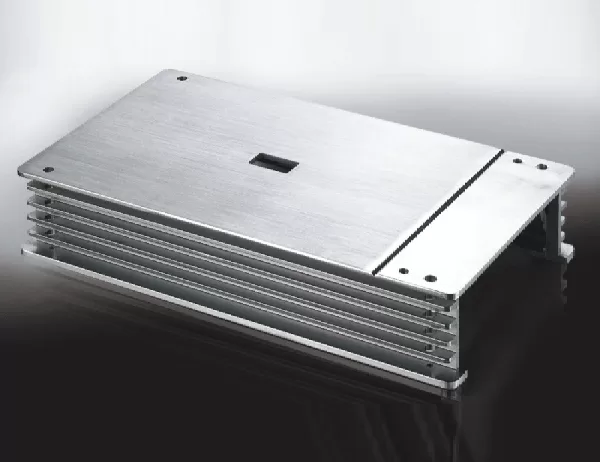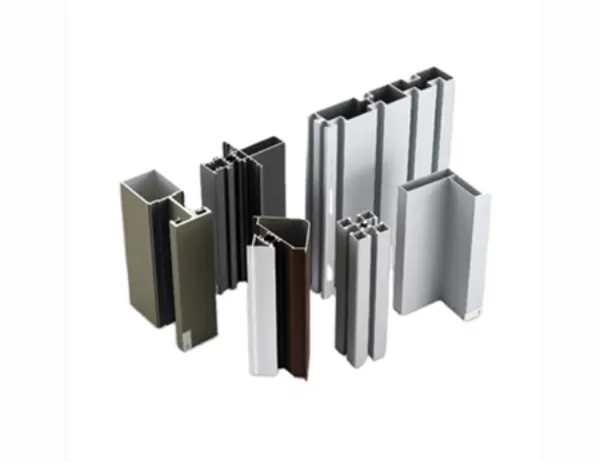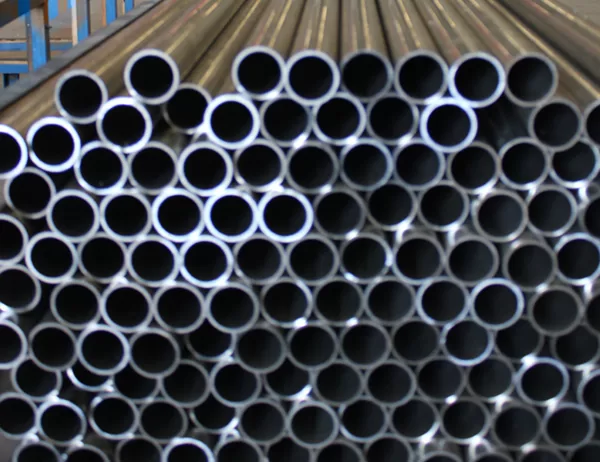In the realm of modern industrial design, versatility and efficiency reign supreme. Aluminum profiles, renowned for their remarkable strength-to-weight ratio, have emerged as a cornerstone of lightweight yet robust engineering solutions.
These profiles, crafted from high-quality aluminum alloys, offer exceptional durability while minimizing weight. This unique combination makes them ideal for a myriad of applications across industries. From aerospace to transportation, construction to manufacturing, the ubiquity of lightweight aluminum profiles is undeniable.
Aerospace and Defense:
In the demanding world of aerospace and defense, weight reduction is paramount for maximizing performance. Aluminum profiles contribute significantly to this goal by reducing the overall weight of aircraft and vehicles without compromising structural integrity. They find extensive use in airframes, wing structures, and fuselage components.
Transportation:
The automotive and rail industries leverage lightweight aluminum profiles to enhance fuel efficiency and reduce emissions. These profiles are employed in chassis components, body panels, and interior structures, resulting in lighter vehicles with reduced operating costs.
Construction:
Lightweight aluminum profiles have revolutionized the construction sector by providing durable and cost-effective framing solutions for buildings, facades, and roofing systems. Their high strength-to-weight ratio allows for the creation of lightweight structures that can withstand demanding environmental conditions.
Manufacturing:
In the realm of industrial manufacturing, aluminum profiles play a critical role in conveyor systems, automation equipment, and handling machinery. Their light weight and corrosion resistance make them ideal for these demanding applications, where reliability and efficiency are essential.
Advantages of Lightweight Aluminum Profiles:
High strength-to-weight ratio: Aluminum profiles provide exceptional strength without adding excessive weight.
Corrosion resistance: Aluminum’s natural resistance to corrosion ensures long-term durability in various environments.
Versatility: Aluminum profiles can be easily extruded into complex shapes, making them suitable for a wide range of applications.
Sustainability: Aluminum is a recyclable material, contributing to environmental sustainability.
Conclusion:
Lightweight aluminum profiles have emerged as the epitome of innovation in industrial design. Their unique combination of strength, weight reduction, and versatility has made them indispensable in a multitude of industries, from aerospace to construction. As technology advances, the applications of these profiles are bound to continue expanding, paving the way for even more efficient and robust engineering solutions.




